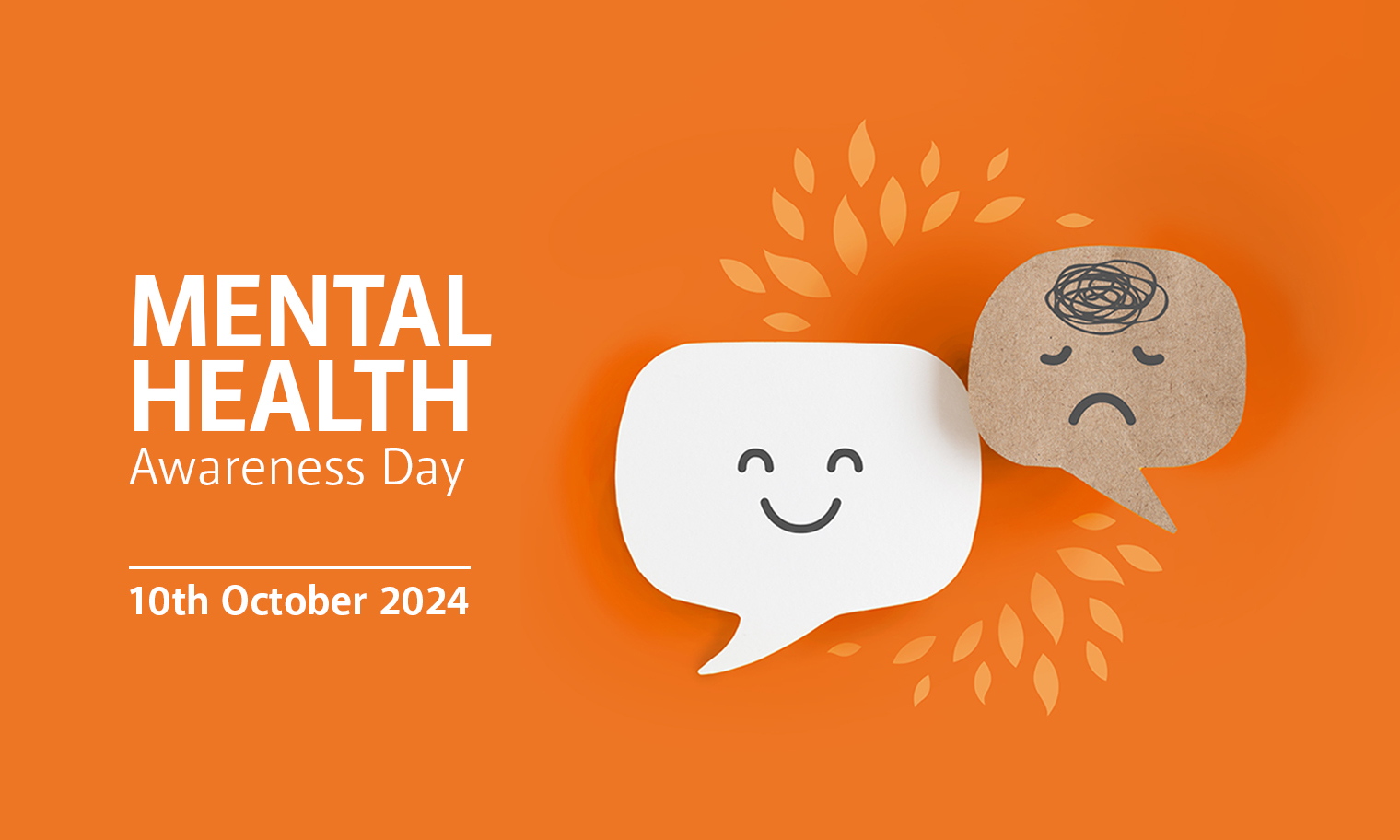16 July 2024
How to Deal with Workplace Stress, Otherwise Known as Burnout
Candidates

How to Deal with Workplace Stress, Otherwise Known as Burnout
It is likely that everyone will experience some form of burnout during their career, which can cause you to become unproductive. Catching the early signs of workplace stress and making adjustments can eliminate the problem before it gets out of hand. The rise in burnout among workers is leading to a new phenomenon of "quiet quitting," where the worker protects themselves from stress by limiting the amount of work they do. Here is a guide to help you combat burnout if you feel like you are suffering from this workplace issue.
What is burnout?
The World Health Organization categorises burnout as ongoing stress at work that isn't managed well. It shows up in three main ways: constant exhaustion, feeling negative about your job, and not being as effective at work. It's important to remember that burnout specifically relates to job stress and shouldn't be used to describe stress from other parts of life. Recognising and addressing burnout is key to keeping a healthy work environment and ensuring people feel good about their work.
The risk of burnout increases if you have an excessive workload, work long hours, have insufficient support from superiors, a toxic workplace, or a misalignment of your values and the companies.
What are the signs of burnout?
Now that we have given you some information on what burnout is, we can help you recognise the signs so it doesn't manifest into something serious.
Some common signs include:
- Feeling exhausted despite sleeping - People who suffer from burnout can get a solid 6-8 hours and still feel drained of energy both physically and mentally.
- Feeling unmotivated and unable to focus on any projects or tasks - Burnout sufferers find it hard to get excited by anything in their working life.
- Increased negativity towards the company - People suffering from burnout end up feeling negative emotions toward the company as a whole or individual aspects of their working environment.
- Further emotional stress - People can suffer from anxiety or stress from other parts of their life, but if this is brought on by going to work or in the working environment, it is likely that work is the problem.
- Physical symptoms - People can, in some instances, end up with stress-related physical issues like headaches or intestinal irritability.
- Becoming absent when in the office - People suffering from burnout might come to the office but almost be disengaged.
What can you do to deal with burnout?
- Establish clear boundaries between work and personal life - The rise in hybrid working has made it even harder than it used to be to set some clear barriers between work and home, but it is so important to do this to limit working hours and make sure you're having time to switch off and recharge your batteries. This includes not checking work emails or taking calls outside working hours.
- Ask for help if things are getting too much - The saying "a problem shared is a problem halved" applies if you share your work-related problems with your colleagues. By sharing your problem and making people aware, it means something can be done and a solution can be found. This includes working out a priority order for tasks or sharing the workload with others so you don't become overwhelmed.
- Look after yourself by practicing self-care - This could be sleeping properly, eating properly, and exercising, as well as doing things that bring you joy. These activities don't need to be massive, like running a marathon or dieting; it could just be going swimming once a week or cooking a vegetarian dinner.
- Incorporate time management into your day - Stepping away from your desk to get a tea or taking a minute to chat with someone can rejuvenate you and make you more productive. Our best ideas don't come to us when we are sitting at our desks; they come to us when we are not overwhelmed and in a different environment.
If you want to find out more about workplace stress or burnout, the NHS has some fantastic advice: NHS - Work-Related Stress
Effectively dealing with burnout can vary from person to person. Some people might find that discussing the issue helps, while others might find that making personal changes is key. However, if nothing seems to help, it might be time to leave the environment causing the problem. A toxic working environment is not healthy, and your mental health is more important than a job.
If you feel it is time to move roles, give one of our consultants a call or look at the job search area of our website for recommendations.

